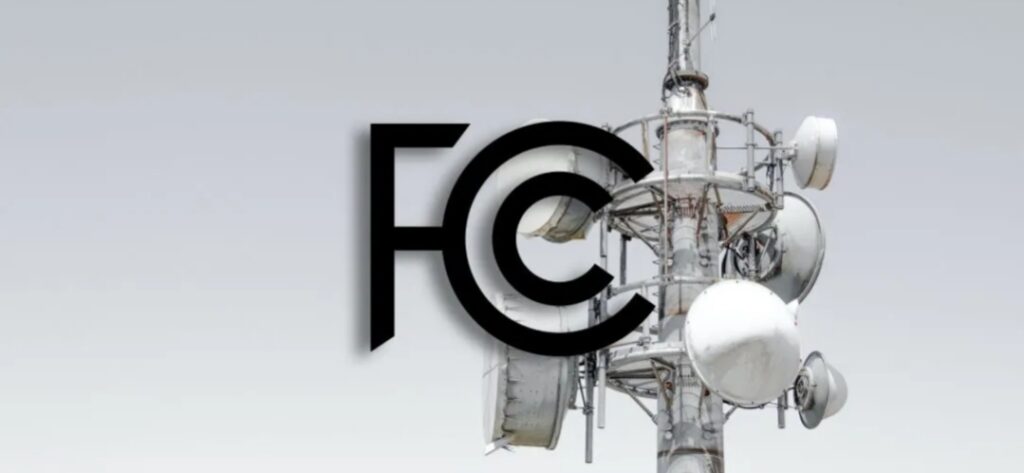
FCC in US
FCC fines Louisiana political consultant over fake robocall imitating POTUS on election matter
The Federal Communications Commission has recommended a $6 million fine for a Louisiana political consultant linked to a string of robocalls distributed to voters during the New Hampshire Primary that featured President of the United States (POTUS), Joe Biden’s AI-generated voice in January.
The agency is using this as a warning to other potential high-tech scammers, even if it’s more about robocalls than AI.
A robocall message imploring thousands of New Hampshire citizens to wait to vote until November has led to the prosecution of Steven Kramer, 54, on 13 counts of felony voter suppression and misdemeanour impersonation of a candidate.
eall several New Hampshire voters were called in January ostensibly by the president instructing them not to cast a ballot in the upcoming primary.
Naturally, this was a hoax—a vocal clone of President Biden created with technology that has become more accessible in recent years.
Although creating a fake voice has long been feasible, generative AI platforms have made it quite easy: dozens of services sell cloned voices with little control or restriction.
Separately, the Federal Communications Commission announced on Thursday that it will impose a $6 million fine for robocalls that it claimed used a deepfake audio recording of Joe Biden’s voice, claiming that the agency’s regulations forbade the transmission of false caller ID information.
Additionally, it suggested fining Lingo Telecom $2 million for supposedly sending the robocalls.
“New Hampshire remains committed to ensuring that our elections remain free from unlawful interference and our investigation into this matter remains ongoing,” Attorney General John Formella said.
Experts said that Washington is becoming increasingly concerned that information created by AI might deceive voters in the upcoming presidential and legislative elections in November.
Legislation addressing AI’s potential to taint elections is something that some senators hope to pass before November. We earlier reported that the Biden administration is seeking proposals from companies with the capacity to create and run an organisation that will create semiconductor “digital twins,” with the possibility of receiving funding of up to $285 million.
